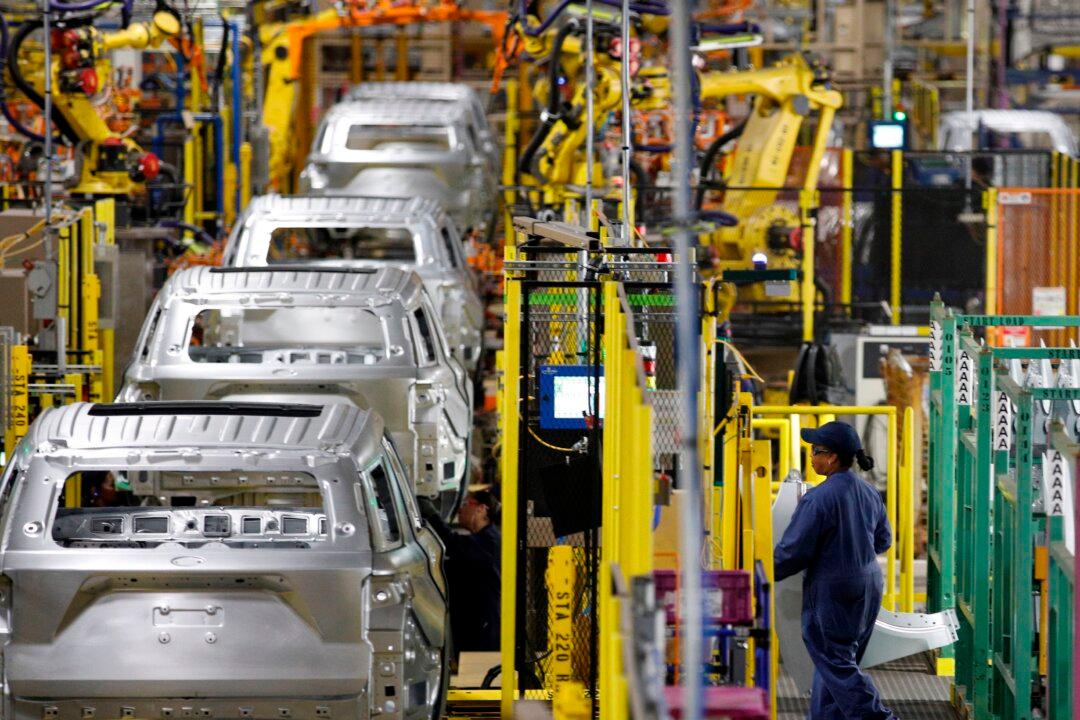It’s increasingly the received wisdom in Washington that China’s military power and manufacturing capacity are twin challenges that the United States must face.
Economist David Goldman wants to address the two together through vigorous industrial policy driven by smart defense spending, although his analysis has already been met with skepticism in some quarters.





